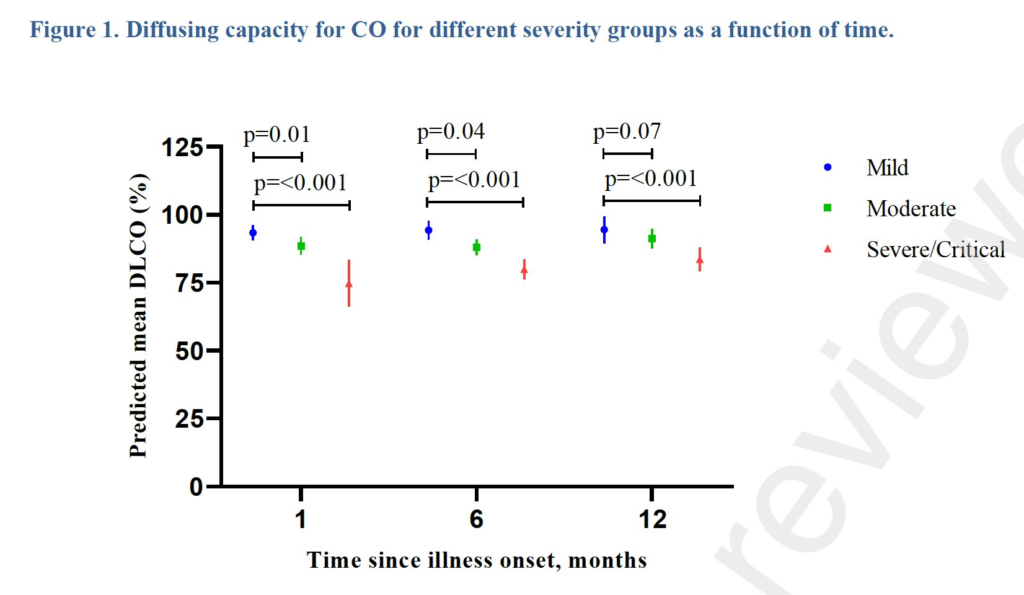Health Care System
This article says that federal Health Minister Jean-Yves Duclos intervened in November with Canada’s drug price regulator to drop a policy reform process. 😠😬
Mitigation Measures
This article (drawing from information in a number of papers) says that early targeted border closures were ineffective. (Basically, shutting down flights from South Africa and China didn’t help when it was already circulating in, say, Italy and the UK.) Canada shutting down the border completely did help — for a while — but at a very high price. Furthermore, once COVID-19 was circulating broadly in Canada, it wasn’t very useful.
I apparently missed it, but federal employees have to go back to the office at least two days per week in April. This article says that the government has been changing its mitigation measures, including removing the mask mandate for almost all work locations.
This report from the US CDC found that there were 52% more post-arrival positive COVID-19 tests when pre-departure tests were required than when they were mandatory. (This is my not-surprised face.)
Pathology
This study from the USA found that excess cardiovascular deaths tracked COVID-19 waves.

Interestingly, not all types of heart problems showed this. Check out “heart failure” (which is when the heart just can’t pump enough blood):

This study from China looked at differences between symptoms in influenza (H1N1 strain) and COVID-19 (Omicron strain). They found that flu folks had more fever, cough, an high white blood count. COVID-19 people had more muscle soreness and lactate dehydrogenase abnormalities. They found that having a fever correlated with having a longer time to recovery in COVID-19 patients.
This article (referencing this study) suggests that eating fatty acids (fish oil, etc.) reduces your risk of catching COVID-19 and also of having serious COVID-19 outcomes.
Long COVID
Fibrosis in the lungs is a bad Long COVID issue. This paper from the US found that they could keep mice from developing fibrosis by giving the mice IL-6 (an interferon) and CD47 (a protein). This is years away from being an approved therapy, but I mention it to show that the scientists are making progress, there is reason to be hopeful that Long COVID will succumb to treatment someday.
This preprint from Netherlands says that 25% of people who tested postiive for COVID-19 had impaired pulmonary function after a year. The worse your COVID-19 case was, the more likely you were to have impairment. The percentage of people with impairment in each category of severity was:
- mild cases: 11%
- moderate: 22%
- severe/critical: 48%

This paper from Canada found that people who had had a COVID-19 infection performed more poorly on cognitive tasks and brain scans during the tasks showed that areas of the brain associated with those tasks didn’t show increased levels of oxygen uptake (like they are supposed to).
Vaccines
This article says that Novavax is saying that it might go out of business. This matters to Canadians because Novavax was supposed to eventually start making its vax in Montreal. (I’m also a big Novavax COVID-19 vaccine fan, and would be sad if it tanked.)
This paper from Canada found that there were only 77 adolescent cases out of 1.65 million vax adolescent doses delivered who got myocarditis or pericarditis. This is just a ridiculously small number. Furthermore, those who did get it all recovered. About two-thirds were treated with non-steroidal anti-inflammatory drugs; 14% got no treatment. They all are FINE.
This article (discussing this small study) found that more than half of the people who had had an allergic reaction to an mRNA virus also had an allergic reaction to a placebo. Turns out there’s a thing called Immunization Stress-Related Response (ISRR) syndrome which looks like an allergic reaction.
Variants
This report from the US and this preprint from Hong Kong both say there’s no difference in severity between XBB.1.5 and previous variants. (Other data does say that it is more contagious, but it does not lead to different outcomes. It only looks milder because the majority of people have immunity, from vaccination and/or infection.)
Where do new variants come from? Is it from immunocompromised people who harbour the virus for a long time? The authors of this preprint from the UK wanted to find out. They carefully followed a small number of people with COVID-19 who were NOT immunocompromised. They found that two of the people developed somewhat immune-evasive mutations in the SARS-CoV-2 bugs they harboured.
This paper from USA found that exposure to “common cold” coronaviruses had no positive or negative effect on COVID-19 resistance with or without vaccination.
Treatments
This article says that the EU declined to approve molnupiravir, which I think is a good thing. It’s not as effective as Paxlovid, and works by mutating the hell out of the virus. I’ve seen virologists say that’s not as scary as it sounds because the virus already has billions of chances to mutate, but it still makes me leery.
Transmission
Nightclubs are really dangerous. This article (about this paper from Japan) says that of the exposure they could contact-trace that had more than five onward transmission chains, ~19% were from nightclubs and ~34% were from health care settings. What’s more, of the cases they could not trace backwards, people who had a history of visiting nightclubs were more than five times more likely to have transmitted the virus onward to non-household settings.
This article (reporting on a paper which I can’t get at) says that they were able to show dog-to-dog transmission of COVID-19. There has been at least one case of a cat transmitting to their owner, a tiger transmitting to five zookeepers, and a whole outbreak in Hong Kong from hampsters, but I don’t know if dogs can transmit to humans.
Testing
This article says that the federal government has decided to stop shipping rapid tests to provinces. (Don’t worry, at least not in the short term — BC has 28M on hand.)
This article (talking about this paper from the USA) says that researchers have developed a test which looks for which genes get turned on to figure out if someone has COVID-19 or not. They found that it had 98.4% accuracy — even on asymptomatic people, even on people who only got infected a few hours ago.
